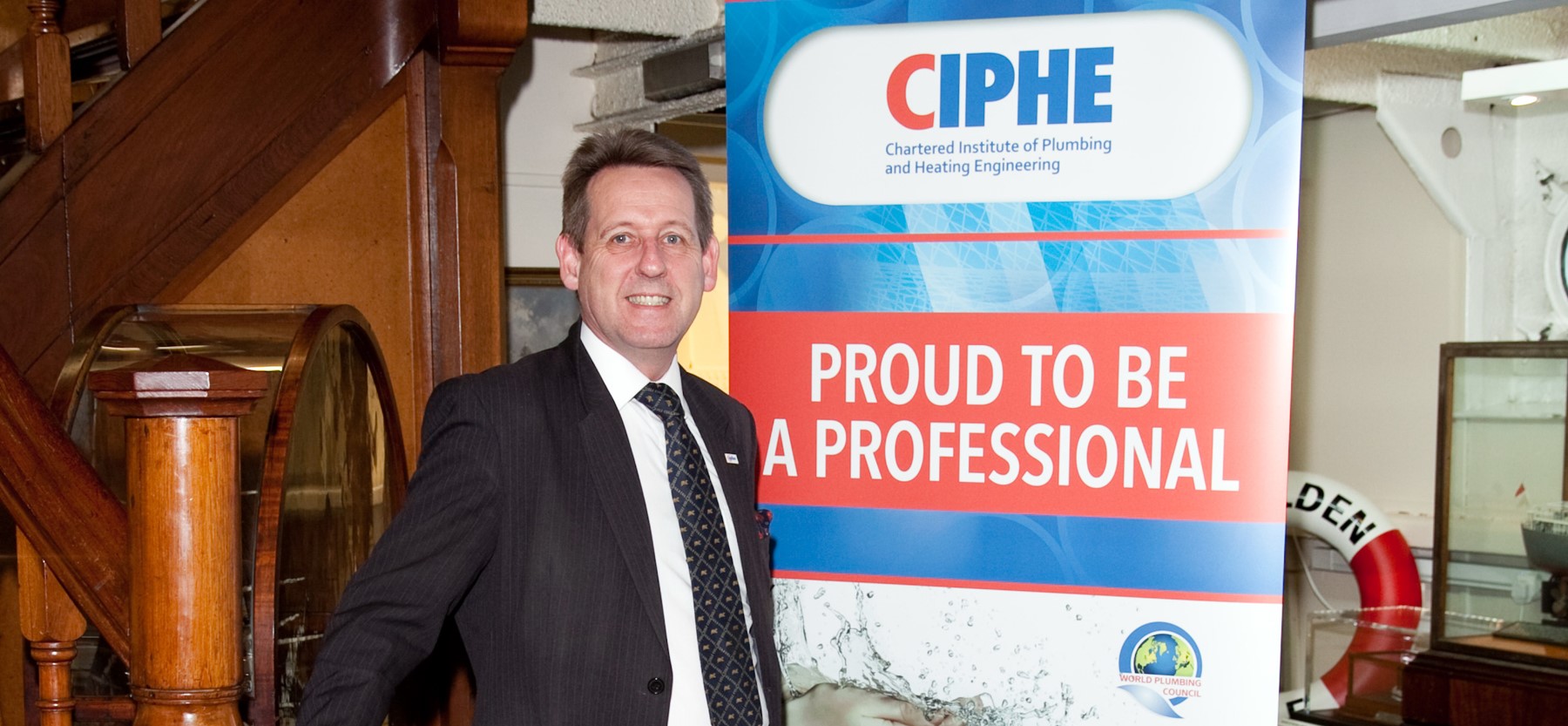As many look to set goals for the year ahead, Kevin Wellman, CEO of the Chartered Institute of Plumbing and Heating Engineering (CIPHE) sets out what he hopes will be collective resolutions for plumbing and heating engineers in 2024:
- Commit to low-temperature training
With Part L and the incoming Future Homes Standard, there is likely due to be increasing demand for low-carbon heat, including Air Source Heat Pumps (ASHPs). This will be driven in part by government targets of 600,000 ASHP installation per year by 2028. In order to meet that demand, we need to commit to low-temperature training.
MCS claims that its scheme now certifies over 4,400 contractors across the UK however, current UK net zero goals suggest we’ll need closer to 30,000 in the next four years. Because of this, it is vital that engineers become competent with ASHPs so they help those customers switching to low-carbon heat.
This year, commit to ongoing continuing professional development (CPD) to ensure quality in the delivery of heating and plumbing. The LCL Awards/CIPHE’s Low Temperature Heating and Hot Water Systems in Dwellings qualification, accredited by Ofqual, is an ideal way to ensure you are well-prepared for the next chapter of heating technology.
- Invest in the future workforce
With plumbing and heating engineers playing a core role in the future of heating and hot water, bringing in the next generation will be particularly important to ensure there are enough competent professionals to deliver quality work. Apprenticeships are an excellent path into the industry – helping to address the skills gap while providing the foundation for a successful career. Government funding is available to help facilitate apprenticeships so, in 2024, consider whether your organisation could take on an apprentice.
Another way we can look to our workforce’s future is by championing gender equality. This time last year, the government published a report revealing that 95% of UK plumbers are men, highlighting on of our industry’s historic challenges: that of creating an environment in which women will want to work. This sector shortcoming means plumbing and heating businesses miss out on the skills, talent and insight that women can bring. To help create working environments where women are more likely to feel safe and welcome, you can consider what diversity goals are realistic for your organisation and publicly discuss them – make them part of your company’s website or social media pages.
You should also carefully think about the language used in official communications – especially job descriptions – to avoid gendered language such as “tradesman.” Job advertisements that use gender-neutral language receive almost 70% more applications, meaning a larger talent pool to recruit from.
- Promote quality
It has long been one of the CIPHE’s goals to stamp out rogue traders as they endanger the public with substandard work and tarnish the reputation of our entire profession. Unfortunately, some may see the push for low-carbon heat as an opportunity to take advantage of consumers unfamiliar with new technologies. You can help prevent this by talking to customers about the risks that hiring a rogue trader poses: CIPHE research found that the average cost of repairing the work carried out by rogue traders was approximately £2,000, so it is often cheaper (along with safer) to go with a qualified professional. You should show proof of your training and qualifications to your customers and encourage them to ask other tradespeople to show theirs. In this way, we can make it harder for rogues to thrive in 2024.
The CIPHE wants plumbing and heating to be a safe, welcoming and fulfilling career, with the well-respected reputation it deserves. Adhering to these resolutions for the year ahead will help us collectively progress towards this goal.

